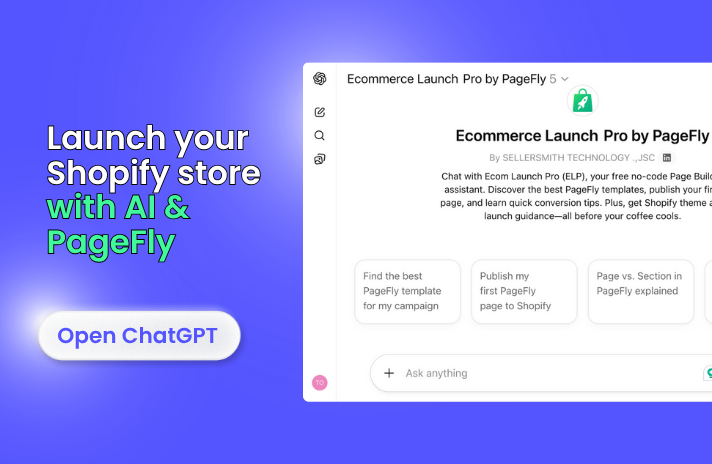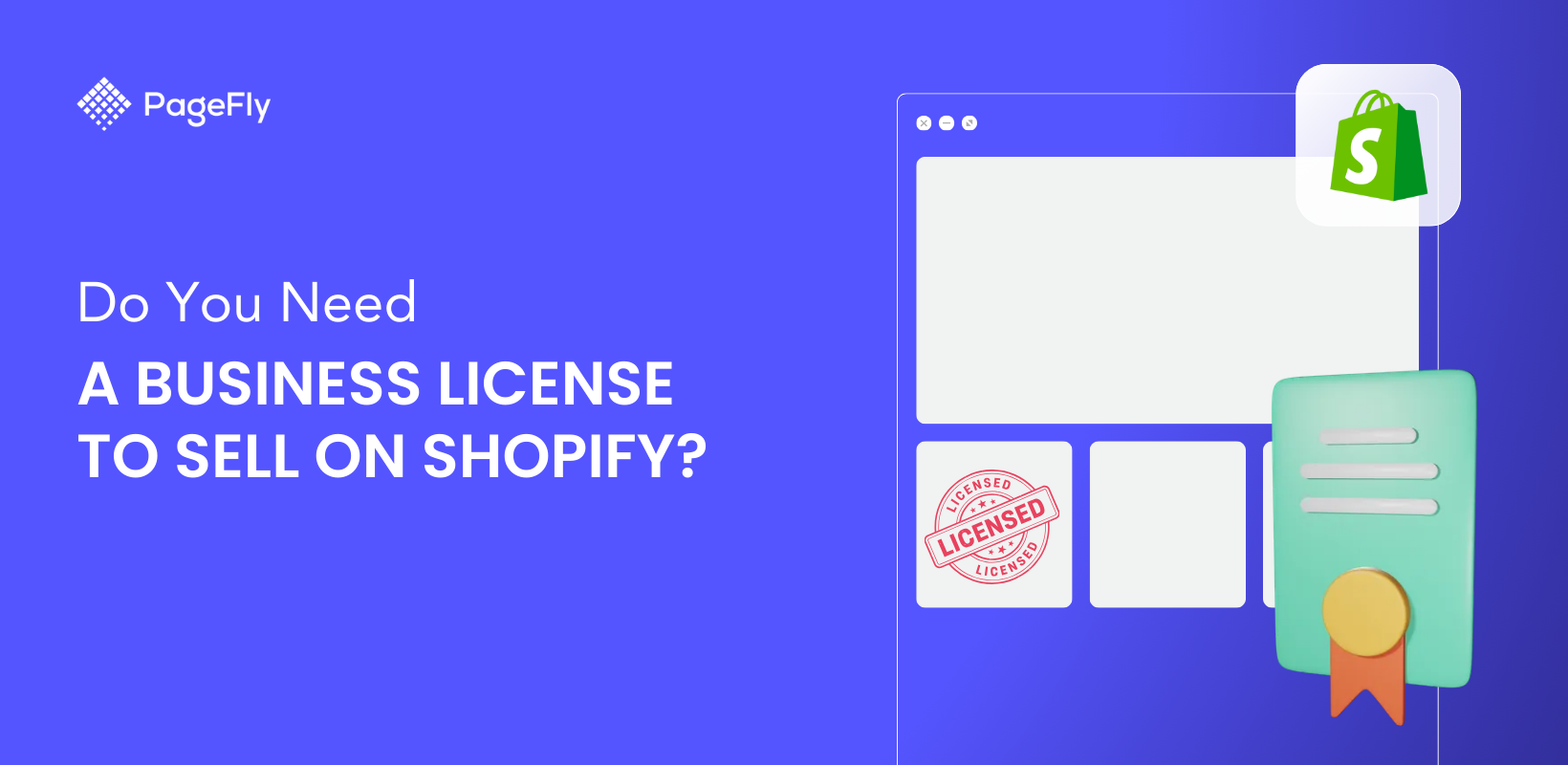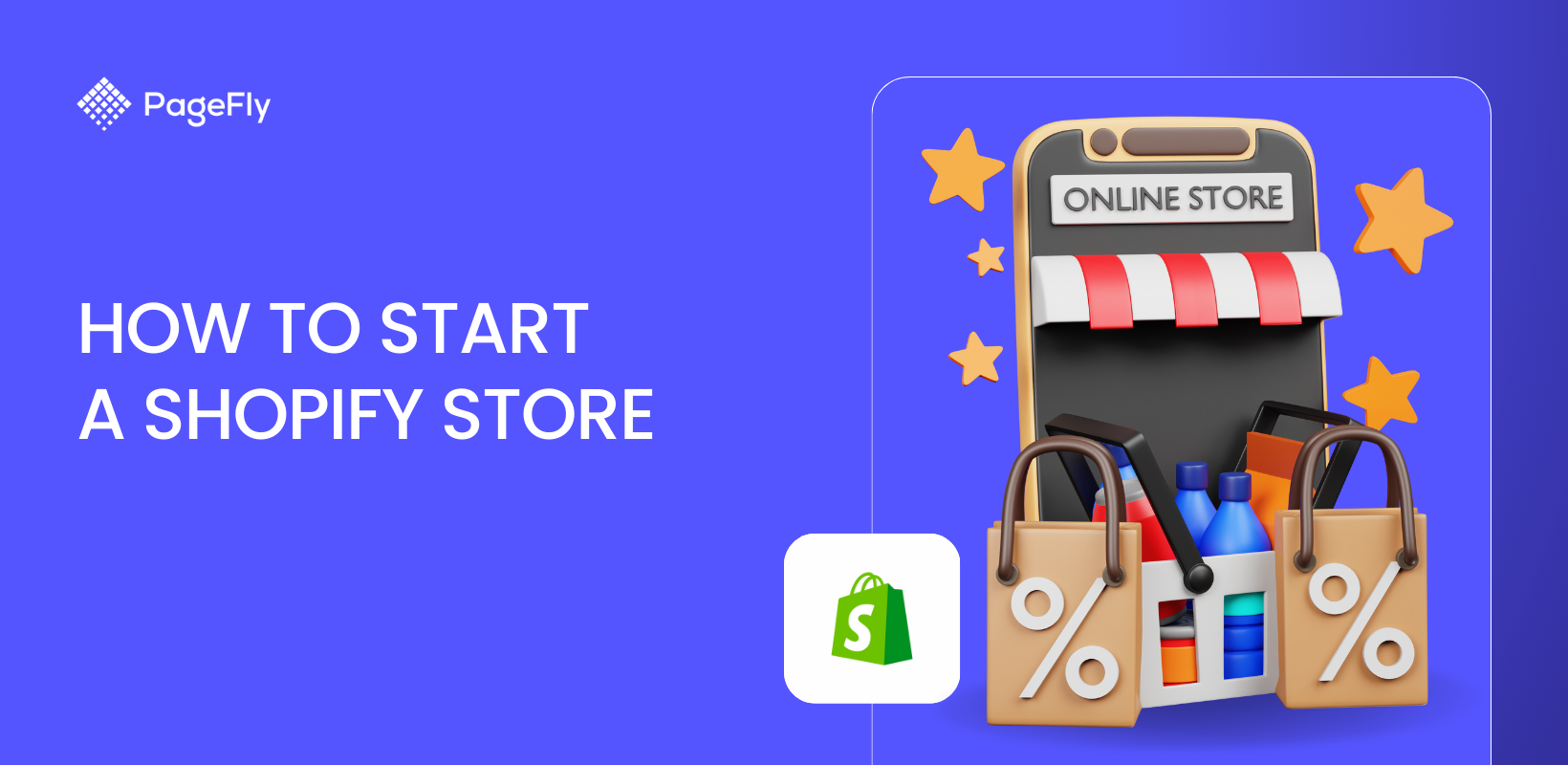Launching your own online store on Shopify is an exciting prospect! However, before you dive into the world of e-commerce, there's one burning question: "Do you need a business license to sell on Shopify?". In this guide, we'll explore the ins and outs of Shopify selling and address whether obtaining a business license is a necessity.
Business License Explained
According to Wikipedia, a business license is an official permit issued by a government authority that grants permission to individuals or companies to operate within a specific jurisdiction. It serves as a legal requirement for conducting business activities and ensures compliance with local regulations.
Business licenses help regulate various aspects of commerce, such as:
- Taxation
- Health and safety standards
- Zoning regulations
- Consumer protection.
They also provide accountability and transparency, allowing authorities to monitor businesses and enforce regulations effectively.
The need for a business license varies among different businesses. It depends on factors such as revenue and location. However, certain businesses may face restrictions on trading without a valid business license. To ensure compliance, it's important to ascertain whether your business requires a license and the specific type(s) necessary for operation.
Shopify’s Policy on Business License
Shopify, as a leading e-commerce platform, operates without explicitly requiring its users to obtain a business license. However, understanding how does Shopify works is essential for ensuring compliance with local regulations, even if the platform itself doesn't enforce licensing rules. While Shopify itself doesn't enforce the requirement for a business license, it's imperative for sellers to adhere to the legal regulations in their jurisdiction to ensure compliance and legitimacy in their business operations.

Shopify’s Policy on Business License
Now, we will go through the platform's Terms of Service and outline your duties as a seller to understand more about the Shopify business license requirements:
Shopify’s Terms of Service
- Adherence to Relevant Laws: Shopify emphasizes the importance of complying with all relevant laws, including those pertaining to business licenses. Sellers are expected to be aware of and follow the legal requirements in their area and industry to maintain lawful operations.
- Shopify's Stance on Business Licenses: While Shopify prioritizes lawful operations, it doesn't mandate that sellers obtain a business license to commence trading on the platform. However, this doesn't exempt sellers from their legal obligations to obtain necessary licenses as their local jurisdiction requires.
The Duties As A Seller
- Obtaining Business Licenses: Store owners are responsible for securing appropriate business licenses as per the requirements of their jurisdiction. The specific requirements for licenses and tax laws may vary depending on the products sold and the location of the business.
- Variability in License Requirements: In most cases, some form of business license is needed for sellers to operate legally. However, the exact requirements may differ based on factors such as the nature of the business and the jurisdiction in which it operates.
- Legal Responsibility: The onus of ensuring compliance with licensing and tax laws falls squarely on the shoulders of business owner. Failure to obtain the necessary licenses or comply with legal regulations may result in penalties or even termination of the Shopify store.
- Ensuring Legal Compliance: Business owner must diligently ensure the legality of their products and abide by all relevant legislation to avoid legal repercussions. This includes conducting thorough research and seeking professional guidance to navigate the complexities of licensing and regulatory requirements.
Do You Need a Business License for Shopify?

Business license to sell on Shopify
You typically don't need a business license when you first start your Shopify account and launch your small business. However, there are certain situations where a business license is necessary for your Shopify store. We'll explore these scenarios in detail.
If your monthly earnings exceed $20,000
If your Shopify store generates monthly income surpassing $20,000, you must acquire a business license. Even if your earnings fall slightly below this threshold, obtaining a business license beforehand is advisable for tax purposes. The process typically entails contacting the government of the state where your business operates to secure the requisite licensing.
If you utilize a Shopify payment gateway
Using one of Shopify's payment gateways necessitates possessing a business license. Shopify takes payment processing seriously and mandates proof of legitimacy through a business license. To prevent delays in-store launch, it's recommended to apply for a business license early in the setup phase, particularly if you intend to utilize Shopify's payment gateways.

Adherence to local regulations
While Shopify's requirements may not stipulate a business license, local laws in your region could enforce such a condition. Business license prerequisites vary by state, with some jurisdictions mandating licensing even for e-commerce enterprises. Ensure compliance by researching the specific regulations in your area. Failure to obtain the necessary business license may impede your ability to conduct business legally on Shopify.
If your business type necessitates it
To legally operate a business, especially when it involves selling regulated items such as alcohol, guns, or certain animal products, obtaining a business license is essential. For guidelines on selling alcohol, you should consult the Alcohol and Tobacco Tax and Trade Bureau (TTB). For firearms, the authority to contact is the Bureau of Alcohol, Tobacco, Firearms and Explosives (ATF). Meanwhile, regulations for selling animal products are overseen by the Food and Drug Administration (FDA). It's illegal to sell these regulated items without the appropriate business license.
If Your Business Involves Storing Inventory at Home
If you store your shop’s inventory in your home and require certain health permits, obtaining a business license is necessary to legally store it. This precaution not only ensures compliance with regulations but also safeguards both yourself and those residing in the same household.
If Your Business Type Requires a License
For certain businesses, having a business license is mandatory for legal operation. For instance, if you are involved in selling goods that are federally regulated, such as alcohol, firearms, or animal products, obtaining a business license is essential. Without this license, selling such products would be unlawful and prohibited.
Types of Business Licenses and Permits
In the majority of business situations, acquiring a business license is vital for online selling. This not only protects your business but also enhances its credibility when interacting with manufacturers, shipping partners, suppliers, and customers.
Let's take a look at the 4 types of Shopify business licenses and permits:
Type of License/Permit | Description | Purpose | Obtained From |
General Business License | This is the most common license required for businesses. It legitimizes the business and permits operations within a specific jurisdiction, including businesses that offer services like selling Shopify gift cards. | Essential for all businesses operating within a given area. Ensures legal operation and compliance with local regulations. | City or county where the business is located |
Seller Permit or Resale License | Required for businesses selling physical goods. Allows for sales transactions and collection of sales tax. Provides tax benefits and ensures compliance with state tax laws. | Identifies businesses engaged in selling goods and enables collection of sales tax. Prevents legal complications related to tax non-compliance. | State tax authorities |
Home Occupation Permit | Mandatory in some areas for businesses operating from home to adhere to zoning regulations and community standards. | Ensures that home-based businesses comply with local ordinances and do not disrupt the residential environment. Prevents zoning violations and penalties. | Local jurisdiction, Small Business Administration (SBA) rules |
Federal business license | Required for businesses operating in specific industries regulated by the federal government. Provides credibility and adherence to industry standards. | Ensures legality and credibility for businesses in industries such as agriculture, firearms, broadcasting, and pharmaceuticals. A federal business license enables certain market activities. | Federal government, industry-specific regulatory bodies |

How to get a business license for Shopify
Now, how can you apply for a business license?
There are 3 essential steps you need to follow to ensure you're on the right track:
Step 1: License Requirements
To begin, identify the specific Shopify business license requirements.

Identify business license requirements
Different states have varying requirements for licenses, and each type of business has its own licensing needs. Therefore, it's essential to consider not only the licenses and permits mandated by your state but also the specific business licenses required for the products or services you provide.
For guidance, the U.S. Small Business Development Centers website serves as a valuable resource to help you navigate the licensing process effectively.
Step 2: Compile Information and Documentation

Compile information for business license
Next, gather all necessary information and documentation for your license application. This includes details like:
- Your business name: The legal name of your business as it will appear on your license. This is essential for identification purposes and ensuring that your business is properly registered.
- Your business structure (e.g., partnership, limited liability company): The business structure, whether it's a sole proprietorship, partnership, limited liability company (LLC), corporation, or other entity. This information helps determine the legal and financial responsibilities of your business.
- Tax Identification Number (TIN): Your TIN, also known as an Employer Identification Number (EIN) in the United States, is a unique identifier assigned to your business by the tax authorities. Employer Identification Number is used for tax reporting purposes and is necessary for businesses with employees or those required to file certain tax returns.
- Proof of address: Documentation that verifies the physical location of your business, such as a utility bill, lease agreement, or business registration certificate. This confirms the legitimacy of your business and ensures compliance with local zoning regulations.
- Contact details: Your business's contact information, including phone number, email address, and mailing address. This allows licensing authorities to communicate with you regarding your application and any related matters.
- Identification: Personal identification documents, such as a driver's license, passport, or other government-issued ID, for all individuals associated with the business. This helps verify the identity of the business owners or partners.
- Relevant certifications or permits: If your business requires specific certifications or permits to operate legally, provide documentation proving that you have obtained these credentials. This may include industry-specific licenses, professional certifications, health permits, sales tax permit, or trade licenses.
Having all the required documents prepared will help streamline the application process.
Step 3: Submit the Application and Pay the Fees

Submit the business license form
Business license costs typically vary from $50 to $550, depending on the type of license.
Before you proceed with your application, you have to obtain the appropriate application form from the relevant authority, whether it's in physical or downloadable format for online submissions. You also have to ensure that you attach all required documents and submit the completed form along with the applicable fees.
It's important to follow the submission guidelines provided by the authority to prevent any delays or complications in the process ofhow to get a business license for Shopify. Tracking your application is possible, and once it's approved, you will receive your business license.
Selling on Shopify Without a License (The Risks)
Selling on Shopify without a business license poses significant risks that can potentially jeopardize your business and lead to legal consequences.
Legal Consequences
Without a valid business license, you risk facing legal repercussions such as fines, penalties, or even the closure of your Shopify store by regulatory authorities. Beyond licensing, maintaining the store also involves regular Shopify maintenance to ensure smooth operations, avoiding any disruptions that could further complicate compliance issues.
Credibility and Trust
Selling without a license undermines the credibility and trustworthiness of your business. Customers and potential partners may question the legitimacy of your operations, resulting in decreased sales and difficulties in establishing partnerships or collaborations.
Limited Protections
This includes tax incentives, liability protections, and access to government support programs, which can impact your bottom line and overall business stability.
Increased Legal Liability
Selling on Shopify without a business license exposes you to heightened legal liabilities. In the event of disputes or lawsuits from dissatisfied customers or competitors, you may face significant legal expenses, damages, and other adverse consequences that can threaten the financial health of your business.
Long-Term Viability
Ignoring licensing requirements can jeopardize the long-term viability and success of your Shopify store. Failure to comply with regulatory standards can hinder your ability to expand your business, attract investors, or secure financing, limiting your growth potential in the competitive e-commerce landscape.
Conclusion
It's clear that the question "Do you need a business license to sell on Shopify?" doesn't always have a straightforward answer. While Shopify itself doesn't typically mandate a business license, it's crucial to recognize that state regulations may vary. Therefore, before diving into your Shopify venture, it's imperative to thoroughly research.
Shopify can help you stay informed about policy of required business licenses, allowing you to plan and budget effectively for any necessary expenses. So, take the time to understand the licensing landscape in your area to ensure your Shopify business operates smoothly!
Shopify Business License FAQ
Yes, it is possible to operate a Shopify store without forming a Limited Liability Company (LLC). You can operate as a sole proprietorship or partnership without formally establishing an LLC. However, it's important to note that operating as a sole proprietorship or partnership means you'll have personal liability for any debts or legal issues that arise from your business activities.
Yes, identification is typically required to become a seller on Shopify. During the account setup process, you'll need to provide personal details such as your name, address, and email. Shopify may also request further verification, like government-issued identification or proof of address, to comply with legal and regulatory requirements, ensuring the platform's security and legitimacy.
Yes, obtaining a business license is mandatory in Florida for Shopify merchants. When selling on Shopify and generating revenue, you're conducting taxable sales transactions under Florida tax laws. Therefore, it's crucial to comply with local licensing and tax regulations. Ensure you acquire the appropriate business licenses before selling to avoid legal issues.
No, owning a physical store is not required to start selling on Shopify. Shopify is an e-commerce platform that allows you to create and manage online stores, enabling you to sell products or services entirely online. This makes it easy to enter the e-commerce space without a physical retail presence.
Beyond obtaining a business license, online sellers should consider other legal aspects to ensure compliance and protect their business. Key considerations include tax obligations, consumer protection laws, intellectual property rights, and drafting clear terms of service or contracts for your business.
Yes, even if your business is home-based, you may still need a business license to sell on Shopify. Requirements depend on your location and the type of business you run. It's essential to check local regulations and consult with authorities or legal professionals to determine whether a business license is necessary for your home-based Shopify store.
It may be possible to use a single business license for multiple Shopify stores, but this depends on factors like your business type, local regulations, and the specifics of your license. Some licenses cover multiple activities or locations, allowing for more than one Shopify store under the same license. It's important to verify with local authorities.












![27 Best Shopify General Stores + Complete Strategy Guide [2025]](http://pagefly.io/cdn/shop/articles/Best_Shopify_General_Stores_2f9d09f2-7c38-4da9-a495-e9f4898ddd68.jpg?v=1757271936&width=1640)





